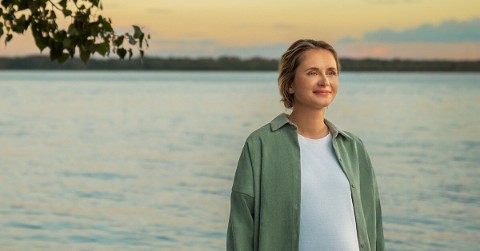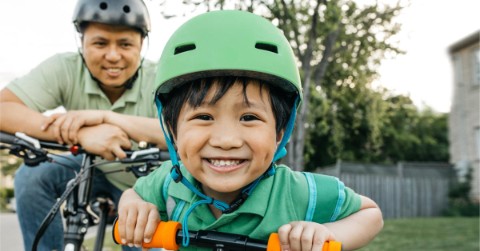
Personal finance
Knowing how to manage your finances effectively can help reduce your financial stress. Follow our advice to learn how to budget and save for your future.
Publications 1 to 10 of 67
See related products and services
Find the right financial services and products for you.








